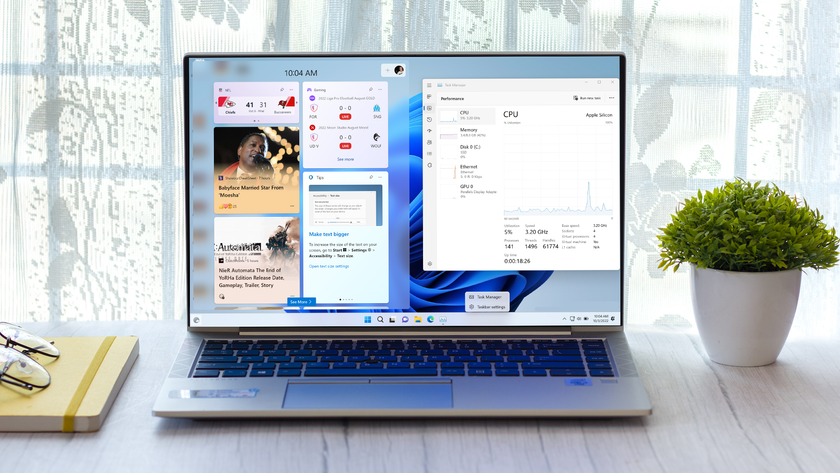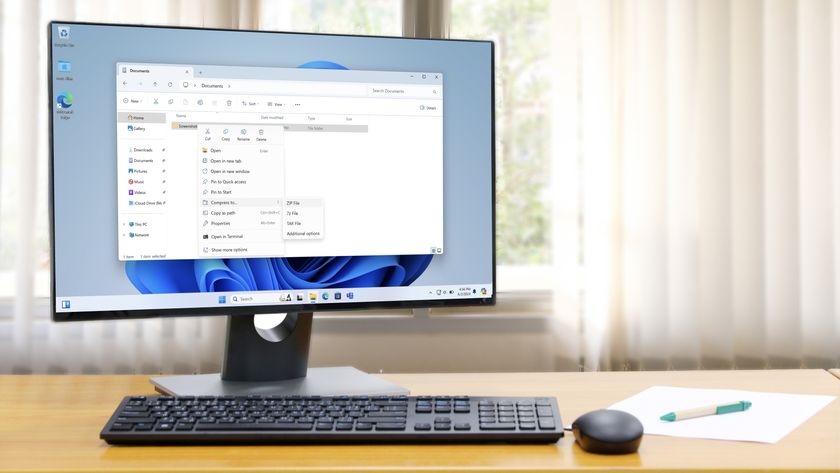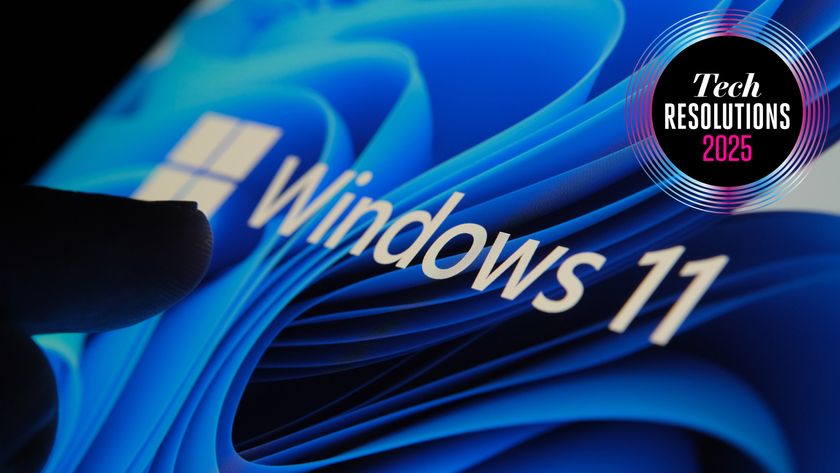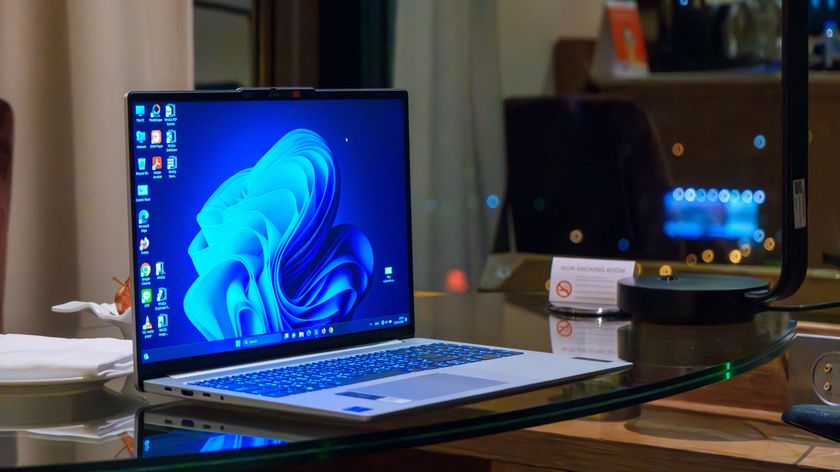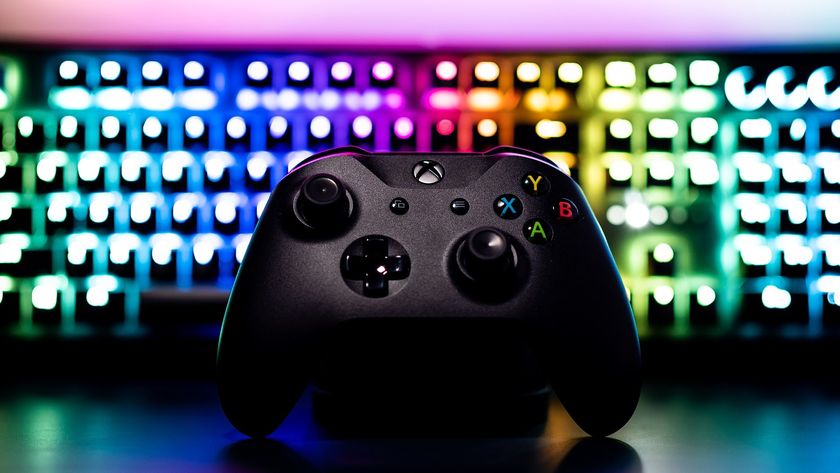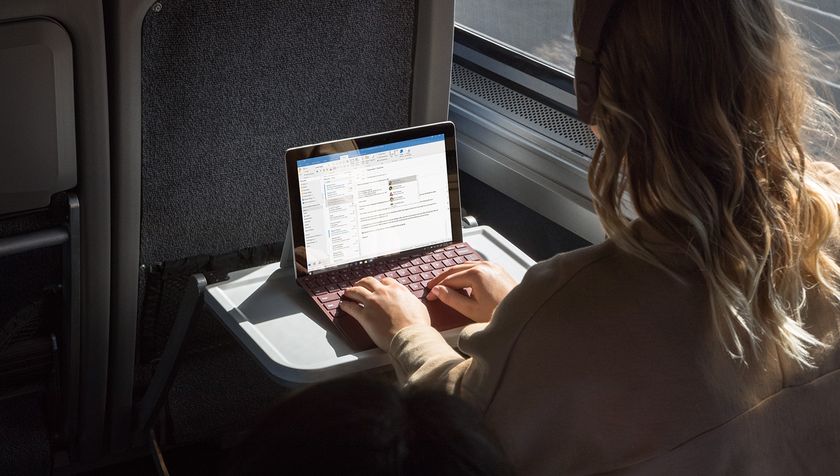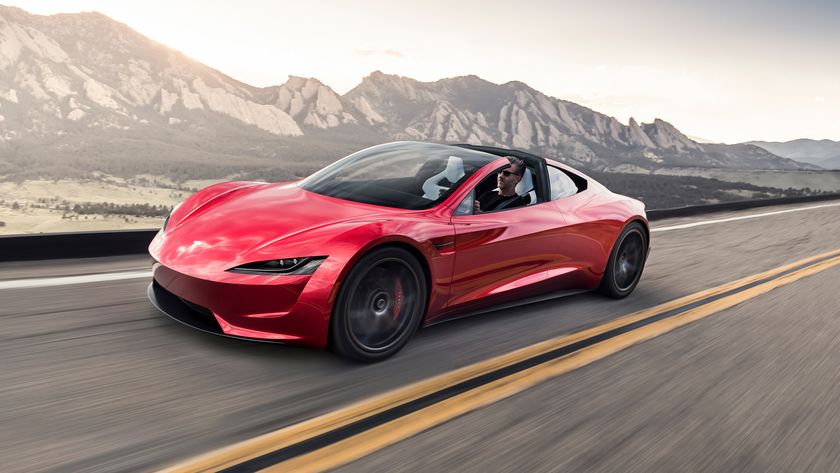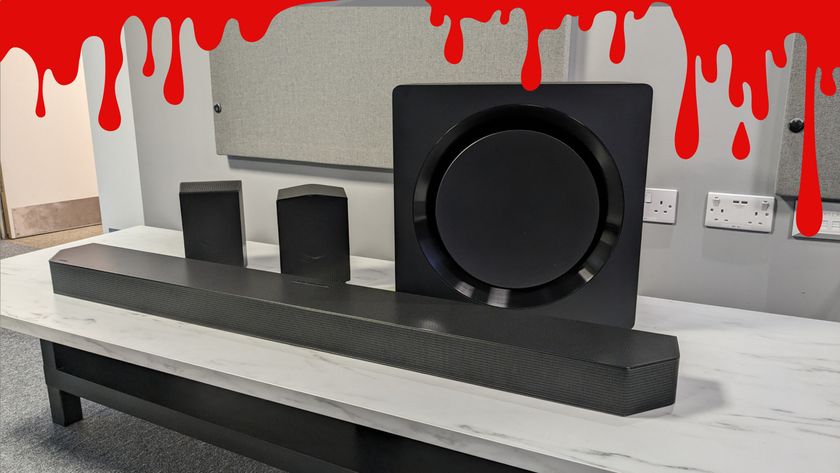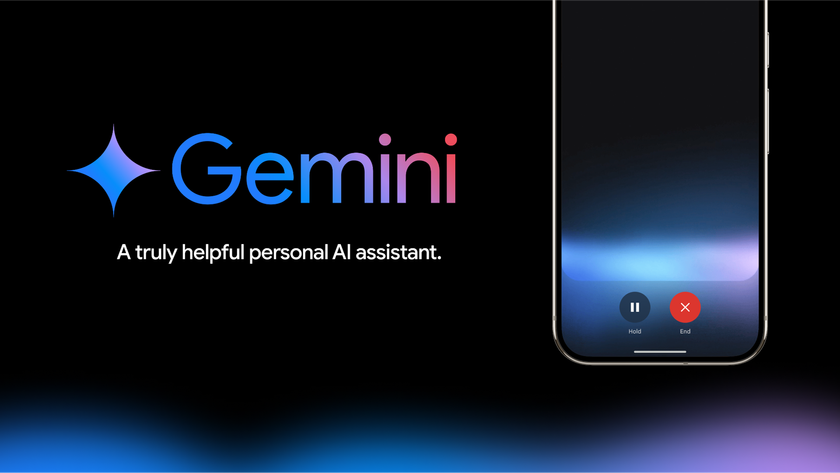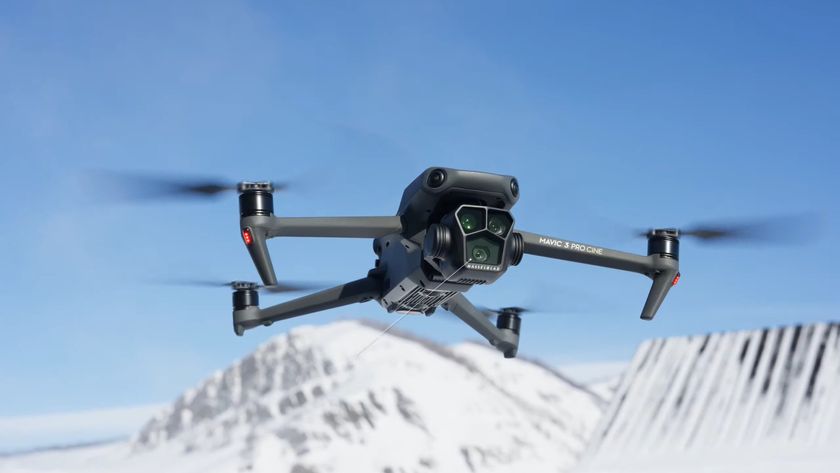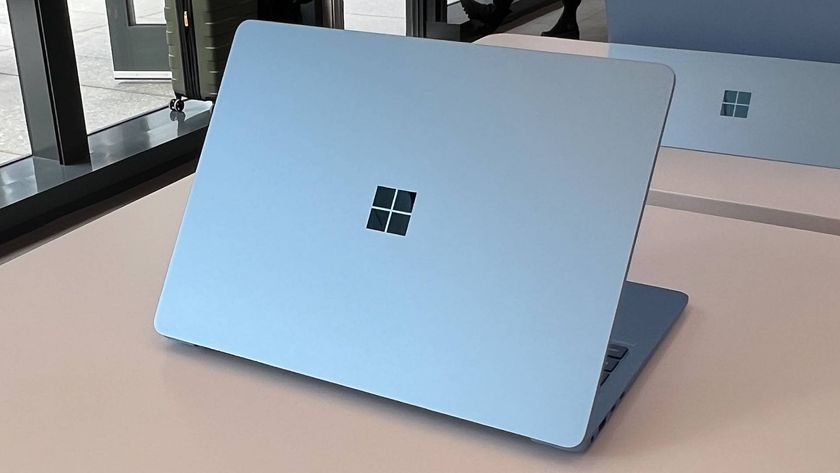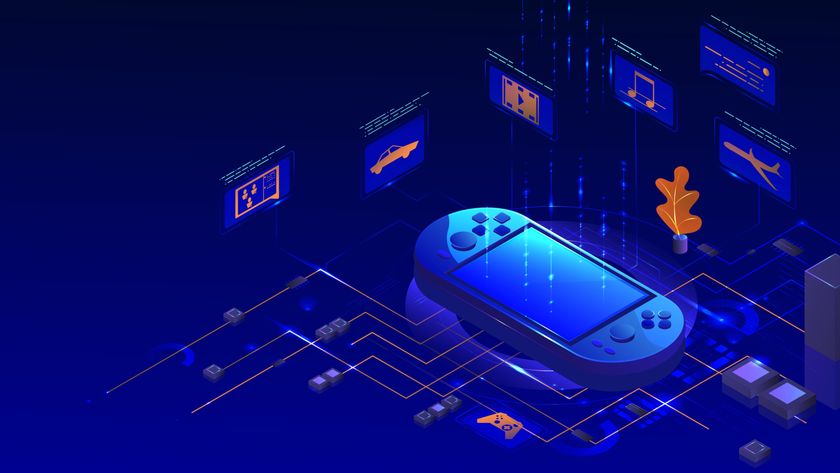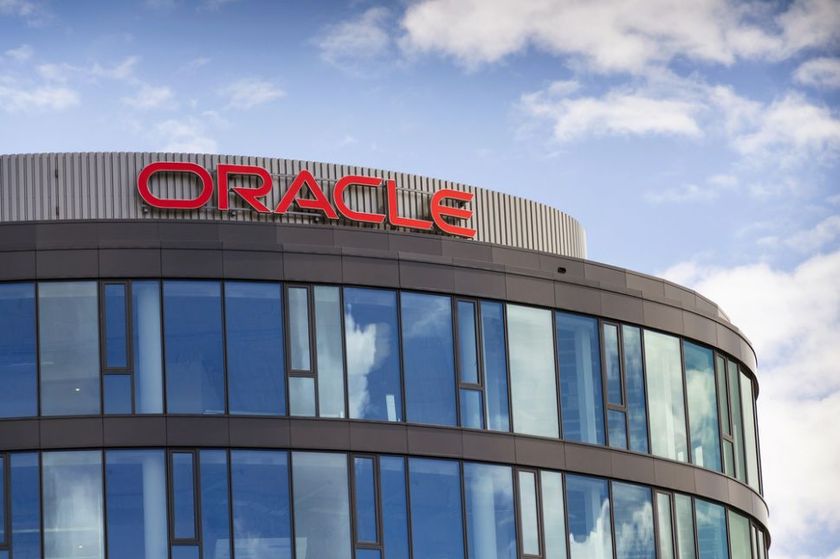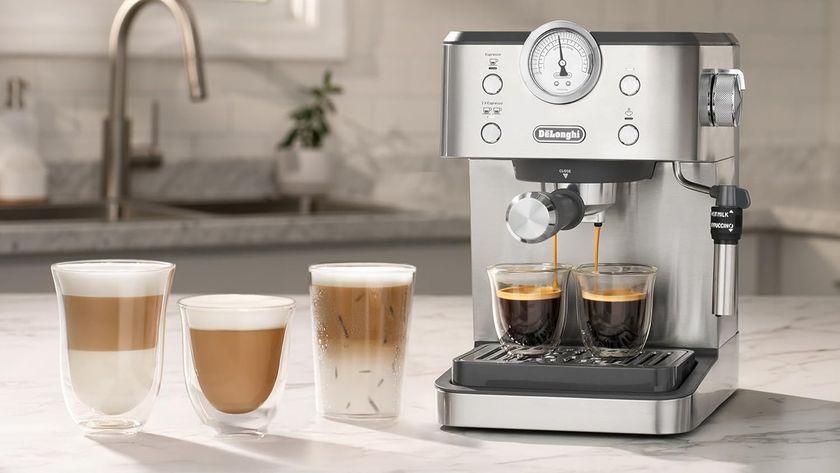New Windows 11 energy-saving option could save money and extend your laptop’s battery life
Energy Saver feature is a turbocharged version of battery saver mode now in testing

Windows 11 laptops could soon benefit from improved battery life thanks to a change in the works currently in testing.
The new feature called ‘Energy Saver’ is in the freshly released preview build 26002 of Windows 11 in the Canary channel (the earliest testing avenue).
Microsoft describes it as an extension of battery saver, and it reins in system performance to give you more battery life. The blurb for the feature notes it will limit some background activities, so apps and the system may run a bit slower, or be a touch less responsive when you return to them, but your laptop will last longer.
Energy Saver can be set to kick in when your battery percentage drops to a certain level, or you can manually select it. In the latter case, the option is present in the quick settings accessed via the system tray (far right on the taskbar).
Speaking of the quick settings panel, in build 26002 Microsoft has applied some other work here, including experimenting with a tweak that makes it pop up faster and act more responsively, which will be a useful addition to the mix.
Furthermore, dealing with VPNs has been improved in quick settings, with the introduction of the ability to turn your VPN on or off with just a single click.
For all the gory details of the changes made in build 26002, check out Microsoft’s blog post (spoiler alert – they’re not all that gory).
Get daily insight, inspiration and deals in your inbox
Sign up for breaking news, reviews, opinion, top tech deals, and more.
Analysis: Energy Saver – and Money Saver, too
What we don’t know yet is how much effect this new Energy Saver will have in extending battery life, but Microsoft is certainly billing it as a more heavy-duty method of eking out greater longevity than battery saver, so that’s promising.
What’s also interesting with this feature is that while it’s designed for laptops, Microsoft is also allowing it to be used for desktop PCs (or notebooks plugged into the mains and not running on battery, for that matter).
In short, this allows you to save a bit of money when running your desktop PC all day – maybe you work from home and do so, like us – if you’re happy with somewhat constrained performance levels, of course. With power bills being what they are, though, and the cost-of-living crisis still very much around, it’s a useful option to have. Not to mention an environmentally-friendly choice, to boot.
You might also like...
Darren is a freelancer writing news and features for TechRadar (and occasionally T3) across a broad range of computing topics including CPUs, GPUs, various other hardware, VPNs, antivirus and more. He has written about tech for the best part of three decades, and writes books in his spare time (his debut novel - 'I Know What You Did Last Supper' - was published by Hachette UK in 2013).

